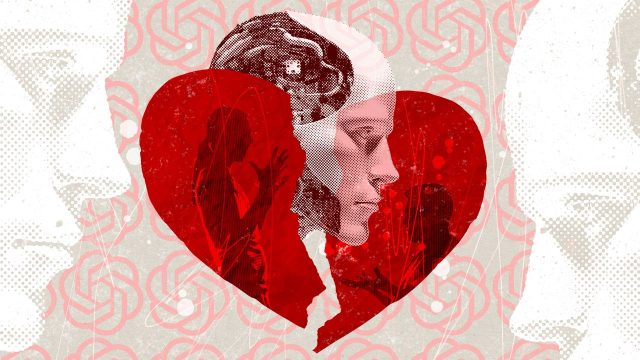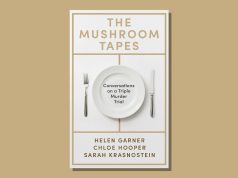
Lawyers in the US have seen a rise in divorce filings where one partner’s attachment to an AI chatbot played a significant role in the marital breakdown.
With people forming increasingly intimate bonds with chatbots such as ChatGPT, the technology is having a mixed effect on marriages.
Uncanny dynamic
As ChatGPT “worms its way into more people’s personal lives”, couples are “having to navigate what it means to juggle relationships with both a human and AI”, said The Cut.
They wonder if one is “obligated to tell your spouse that you’re sexting with ChatGPT” and whether, “if you don’t”, you are “cheating or simply pioneering some yet-to-be-defined category of love”. Where the partners have a “mismatched perspective” this can “inject conflict and secrecy into a relationship”.
The “uncanny dynamic is unfolding across the world”, said Futurism. “One person in a couple becomes fixated” on a bot for “some combination of therapy, relationship advice, or spiritual wisdom” and “ends up tearing the partnership down” as the technology “makes more and more radical interpersonal suggestions”.
There is a “new legal frontier” appearing in family law and it’s “rewriting the rules of marital misconduct”, said Wired. “An AI affair is now grounds for divorce.” Increasingly, courts are seeing clients “cite emotional bonds with AI companions as reasons for marital strain”.
It’s “already happening” in the UK, where a partner’s use of chatbot apps has become a “more common factor contributing to divorce”. The Divorce Online platform said it has seen an increase in divorce applications this year where clients have said apps created “emotional or romantic attachment”.
Marital niggles
But sometimes this technology is credited with saving marriages. After reading that people were “increasingly turning to AI tools” for mental health support, Jessie Hewitson asked ChatGPT to help her with “my marital niggles”, she said in The i Paper.
“Whenever I got annoyed with my husband, or he got annoyed with me, I logged in to the app to ask the bot’s advice.” ChatGPT wrote a note that she could send to her husband during a time of tension. She forwarded it to him and her husband “melted and sent me a lovely message in response”.
She ran ideas past the app several times a day and “appreciated” the advice and “having someone (or something) to communicate my unfiltered thoughts to”. Messages that she would have sent her husband in “a fit of fury” were being “softened” by ChatGPT and “passed on in a way far more likely to get the issue resolved”. She was “surprised” by how “empathetic” AI was.
When Emma Bowman used ChatGPT “as a couple’s counsellor”, she and her partner found that it “gave objective and creative feedback, offered a valid analysis of our communication styles and defused some disagreements”.
But the tech “could be hasty to choose sides”, she said on NPR, and “often decided too quickly that something was a pattern”, so “it’s hard to put trust in the machine when it comes to something as important as relationships”.
When one partner forms an intimate bond with AI it can all end in tears





